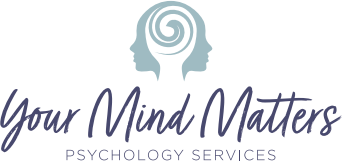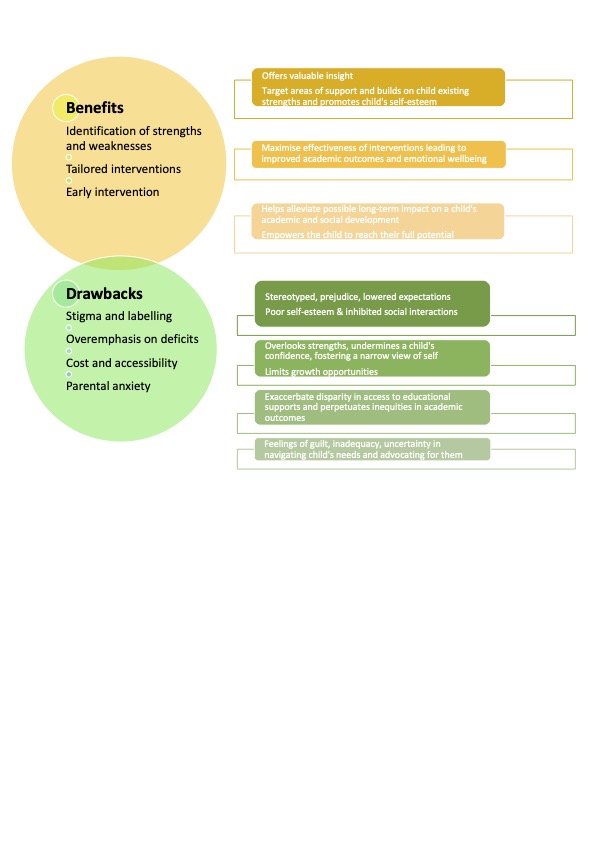
Image source: Photo by Sebastian Pandelache on Unsplash
Why an assessment may be helpful?
Is your child experiencing difficulties concentrating at school, establishing and maintaining friendships, or unable to meet their academic requirements? There may be more going on for your child than simply misbehaving or not fitting in. More often than not, children are disciplined for behaviours beyond their control leaving them feeling worthless and frustrated. An assessment gathers valuable information from parents, teachers, and your child, focusing on both your child’s strengths and challenges, creating a space to better understand who they are and how they learn best.
What is an assessment?
In the realm of child development and education, psychoeducational assessments serve as valuable tools in understanding your child’s cognitive, academic, social, and emotional functioning. These assessments can provide crucial insights into your child’s strengths, challenges, and learning style, aiding educators, parents, and healthcare professionals in tailoring support and interventions. However, like any tool, psychoeducational assessments come with both benefits and drawbacks that merit consideration.
But, I don’t want to ‘label’ my child!
Whilst it can be overwhelming and upsetting for parents to learn their child may be experiencing social, emotional, behavioural, or intellectual challenges, parents should not shy away from psychoeducational assessments. Understanding their child’s diagnosis is a tool for identification rather than a limitation, is important. Receiving a diagnosis can open doors to appropriate support services and interventions, empowering both the child and parent to navigate challenges effectively.
Are there different kind of assessments and why do I need them?
Cognitive assessments:
Designed to measure a child’s cognitive abilities, including verbal and non-verbal reasoning, memory and processing speed. These tests provide valuable information regarding a child’s intellectual strengths and challenges. For parents, understanding their child’s cognitive profile assists in making informed decisions around educational placement and/or interventions. As for teachers, it helps guide instructional strategies and accommodations tailored to a child’s learning style and abilities, providing further supports and scaffolding within the classroom.
Academic assessments:
Evaluates a child’s proficiency in different academic domains, including reading, writing, mathematics, and language skills. Achievement assessments help identify the presence of a specific learning disorder that may impact a child’s academic progression, such as dyslexia or dyscalculia. Results from an academic assessment allow for goal setting to help promote a child’s academic progress, which may include access to tutoring, educational support services, or guiding teachers to tailor their approach to suit the child’s individual needs.
Social-emotional assessments:
Examining a child’s social capabilities, emotional regulation, behaviour, and interpersonal relationships can help identify whether there are any underlying factors that may help explain and be contributing to a child’s behavioural challenges at home and/or school. For instance, the presence of anxiety, attention deficit hyperactivity disorder or autism spectrum disorder may be the reason a child is experiencing social and emotional difficulties across different contexts. For parents, these assessments provide insights about how to foster a child’s social-emotional development. Additionally, for teachers, it allows them to implement the appropriate classroom management strategies and create a supportive classroom environment for a child to flourish and develop positive social interactions and emotional well-being.
Adaptive functioning assessments:
Examining a child’s daily living skills, independence, and ability to function effectively in different environments (i.e., home and school) is valuable in helping determine the best way to promote independence, autonomy, and inclusion in daily activities. Parents will have the understanding and tools that will help inform decisions about support services and transition planning for adulthood.
Further information
- For more information about the process of a psychoeducational assessment, please visit https://yourmindmatters.net.au/learning-assessments-what-when-why-and-how/.
- The following website offers valuable information and resources for children with Specific Learning Difficulties: https://speldvic.org.au/
Our Blog Author

This blog was written by Nicole Gerson – Psychologist at YMM.
Nicole completed her Masters in Educational and Developmental Psychology at Monash University. She has a passion for conducting psychological and educational assessments to better understand an individual’s strengths and difficulties. Nicole works closely with clients to help develop targeted strategies and assist each client to reach their full potential.
To learn more about Nicole, check out the “Our Team” page on our website! https://yourmindmatters.net.au/our-team/

